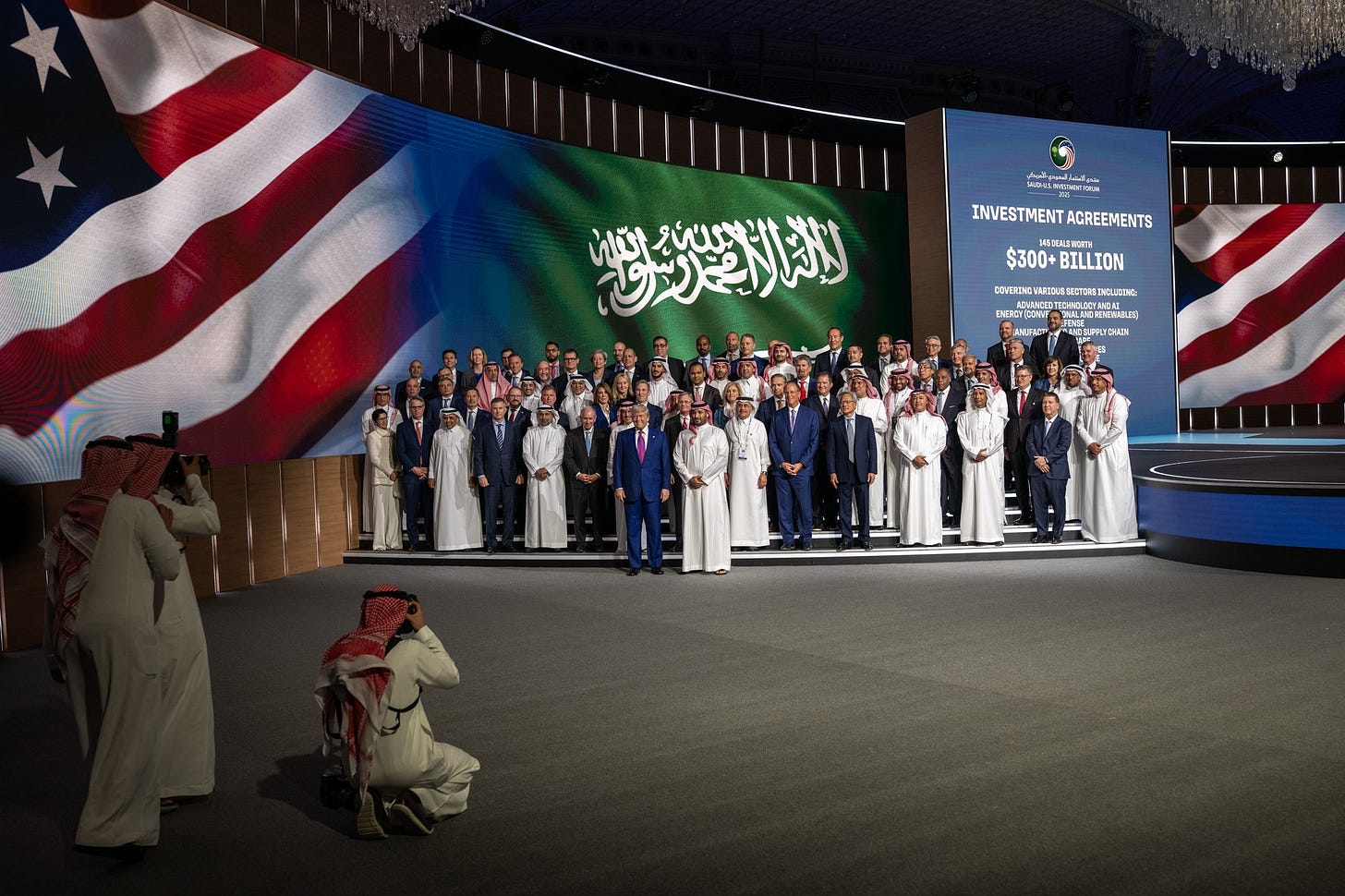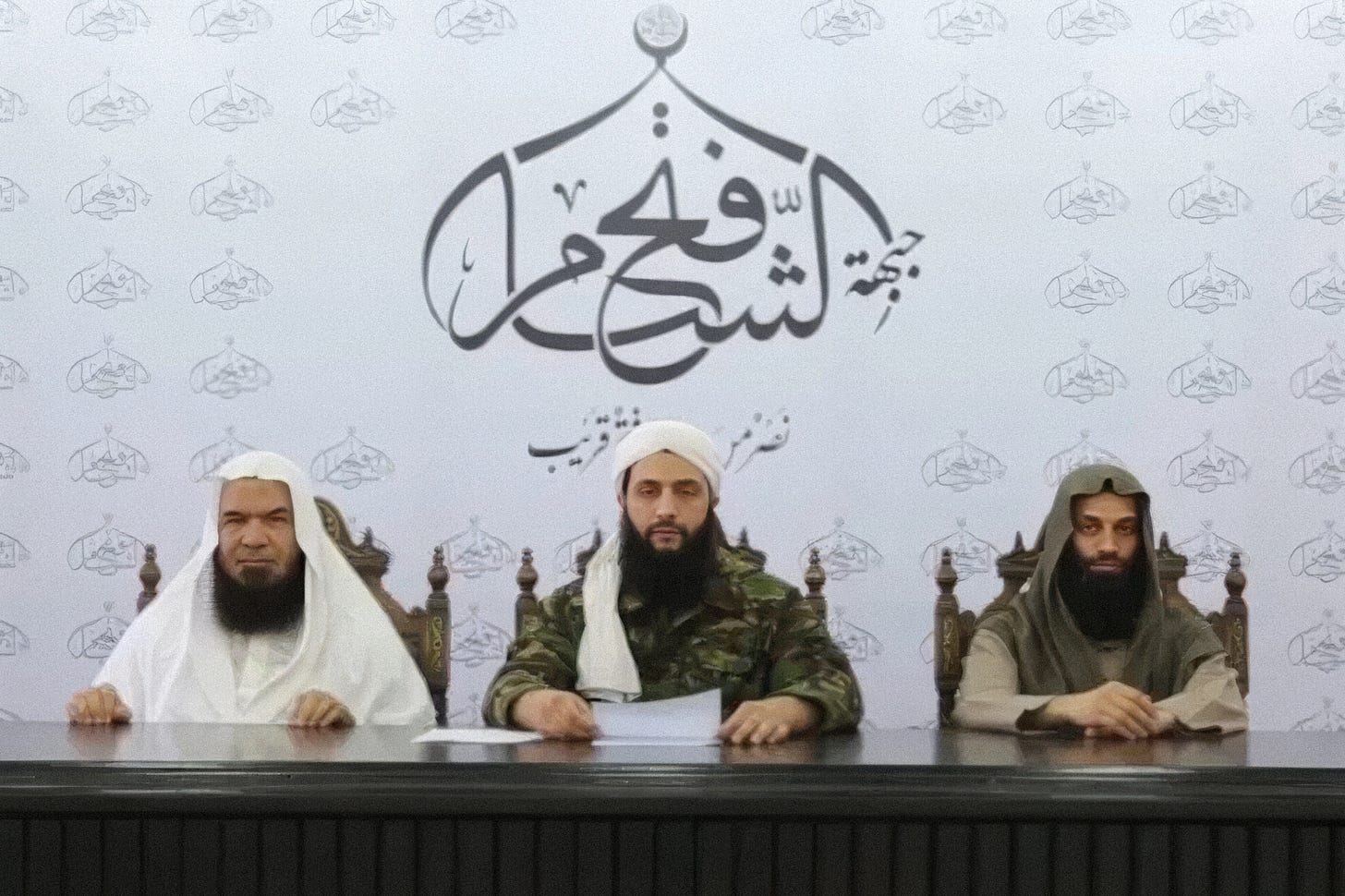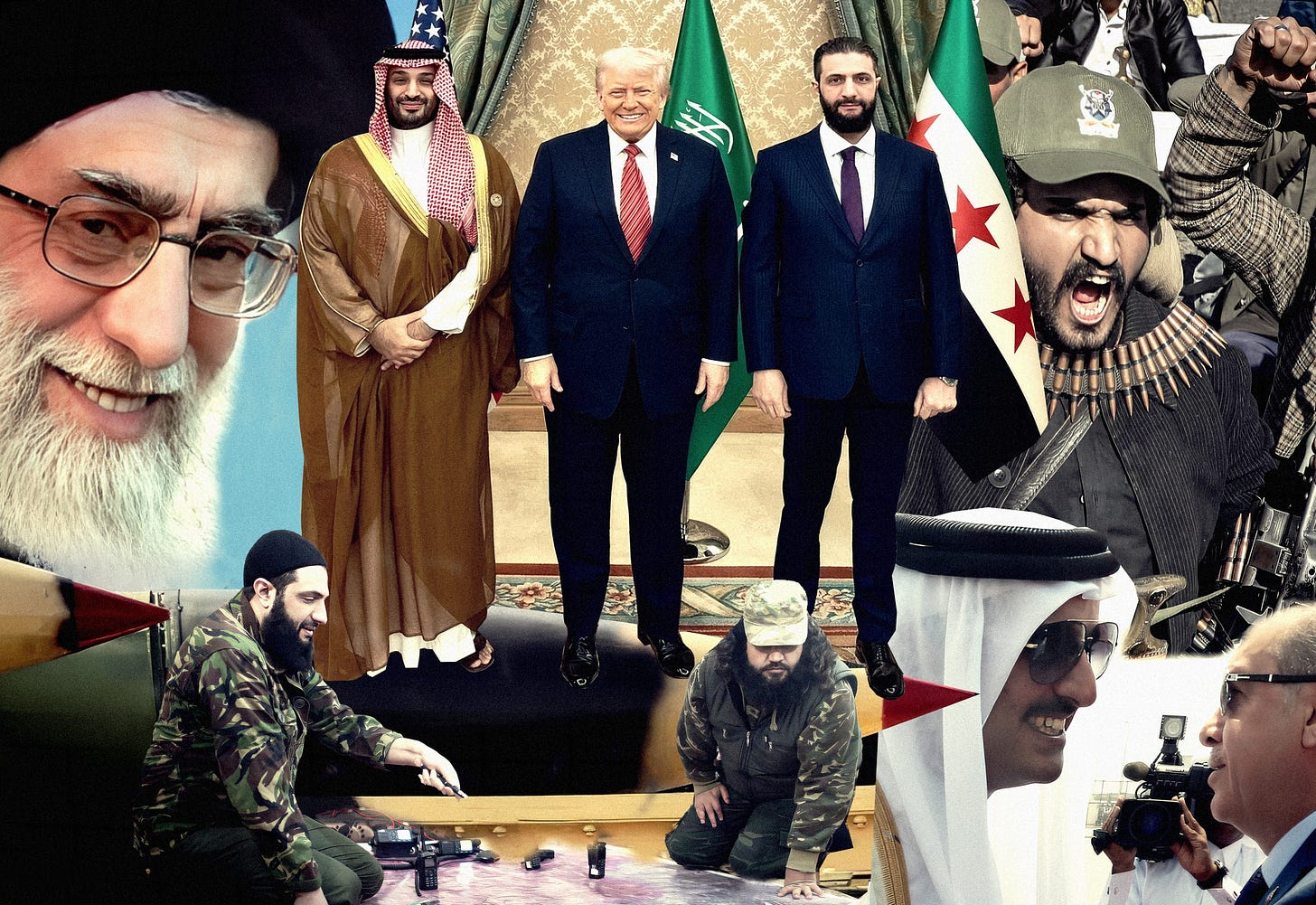US foreign policy in the Middle East over the past century is best described as a short-sighted surgeon’s attempt to perform brain surgery with an ice pick.
It has been shaped by a rotating cast of military interventions, arms deals with autocrats and Islamists, and sanctions that rarely achieve their aims. Beneath this clumsy machinery lies the culturally illiterate assumption that tribal, religious, or sectarian dynamics are negotiable—or worse, irrelevant.
The most dangerous miscalculation, however, has been the chronic underestimation of ideological depth, particularly Islamism, authoritarian resilience, and civilizational memory.
Again and again, Washington has mistaken the region for a solvable policy problem rather than what it is: a centuries-deep power struggle shaped by religious dogma, identity politics, and zero-sum survival instincts that do not respond predictably to Western incentives.
One might think the US would learn from its record of disaster. It hasn’t.
Instead, its foreign policy continues to operate like a looping record of appeasement, extending open palms to closed fists and rewarding doublespeak with diplomacy.
Nowhere is this more visible than in Donald Trump’s most recent Middle East tour—a lavish three-stop spectacle through Saudi Arabia, the UAE, and Qatar. All three regimes went to great lengths to demonstrate their openness to US partnership, eager to showcase prestige, luxury, and loyalty.

The White House issued a glowing statement:
“President Donald J. Trump’s first official trip was a huge success, locking in over $2 trillion in great deals—including a $600 billion investment commitment from Saudi Arabia, a $1.2 trillion economic exchange agreement with Qatar, $243.5 billion in U.S.-Qatar commercial and defense deals, and $200 billion in U.S.-United Arab Emirates commercial deals.”
But not all that glitters is gold.
The notion that Qatar, a tiny gas emirate with a nominal GDP of $213 billion, will invest $1.2 trillion in the US economy is not serious—it’s strategic theater. Even the Qatar Investment Authority, the country’s sovereign wealth fund, holds assets worth only about $475 billion—not even half the promised amount.
The “$1.2 trillion” claim is likely a cumulative PR fabrication, compiled from non-liquid commitments, joint ventures, long-term aspirations, and vague political gestures. It is meant to impress headlines and flatter the American ego, not to reflect financial reality.
And it worked. Trump, ever the dealmaker and image-builder, took the bait.
Just as in 2017, when aligning with Saudi Arabia and the UAE meant denouncing Qatar as a terror sponsor, Trump now pivots. Qatar is repositioning itself as a global investor and power broker. Trump shifts with the wind.
This isn’t a strategy. It’s brand management.
Trump operates like the businessman he has always been: obsessed with leverage, spectacle, and loyalty signals. His Middle East policy reflects his biography. He is resilient, tactically sharp, and masterful at manipulating perception, but consistently blind to ideology, long-term consequences, or the nature of the actors he deals with. His legacy is built on moments of dominance, not systems of endurance.
And that makes him a dangerous player in a region where ideology, not image, is the currency.

Qatar, Soft Power Jihad, and Strategic Amnesia
Qatar is not a neutral partner, and Trump knows it.
It bankrolls Hamas, shelters Muslim Brotherhood figures, and projects Islamist soft power through Al Jazeera and university endowments. In 2017, Trump was right to call them out. In 2025, he’s pretending none of that happened—because flattery, not consistency, is what wins favor.
Worse still, Trump announced that Qatar would serve as a mediator in nuclear negotiations with the Mullahs in Iran.
This is not just naive—it’s absurd.
Appointing Qatar, which uses the Ayatollah Regime as both shield and leverage, to mediate a nuclear deal is like letting an arsonist’s ally broker your fire insurance.
Enter Al-Jolani: The Rebranded Jihadist
Then comes the most alarming move of all: Trump’s and MBS’s tacit support for Ahmed al-Sharaa (a.k.a. Abu Mohammad al-Jolani), the former Al-Qaeda affiliate now rebranded as Syria’s “interim president.”
This isn’t a moral lapse. It’s a calculated gamble born from desperation and optics.
For Mohammed bin Salman, it’s a power play to:
Dislodge Iranian influence in Syria
Replace Assad with a Sunni figure loyal to Riyadh
Undercut Turkish and Qatari Islamist proxies in northern Syria
Recast Saudi Arabia as the patron of a “reformed” Sunni order
For Trump, it’s an irresistible opportunity to:
Showcase a “historic handshake”
Appear as the man who brought peace to Syria, without war
Cement relationships with Saudi Arabia and lock in future arms deals
Together, they attempt a power triangle—Washington, Riyadh, Damascus—bypassing Tehran, Ankara, and Doha.
But it is an extremely dangerous wager, and they know it.

The Faustian Bargain
Jolani has not reformed. He’s merely changed wardrobe and rhetoric.
His faction, Hay’at Tahrir al-Sham (HTS), continues to enforce Sharia law, and is credibly accused of torture, extrajudicial killings, rape, and systematic persecution of non-Muslims and dissenters.
His ascent sends a chilling message to jihadist networks across the globe:
Rebranding—not repentance—is the path to Western legitimacy.
Rewarding a former Al-Qaeda commander undermines decades of counterterrorism efforts. It tells the world:
If you’re useful enough later, we’ll forget everything.
History provides a clear warning:
Every time the US has empowered ideological actors—whether the Taliban, the Mujahideen, Saddam, or Khomeini—they have turned on their benefactors.
Jolani will be no different.
This is not diplomacy. It is roulette.
And the Middle East does not forgive reckless bets.






Another brilliantly thought out and executed piece by Maral.
Great analysis!